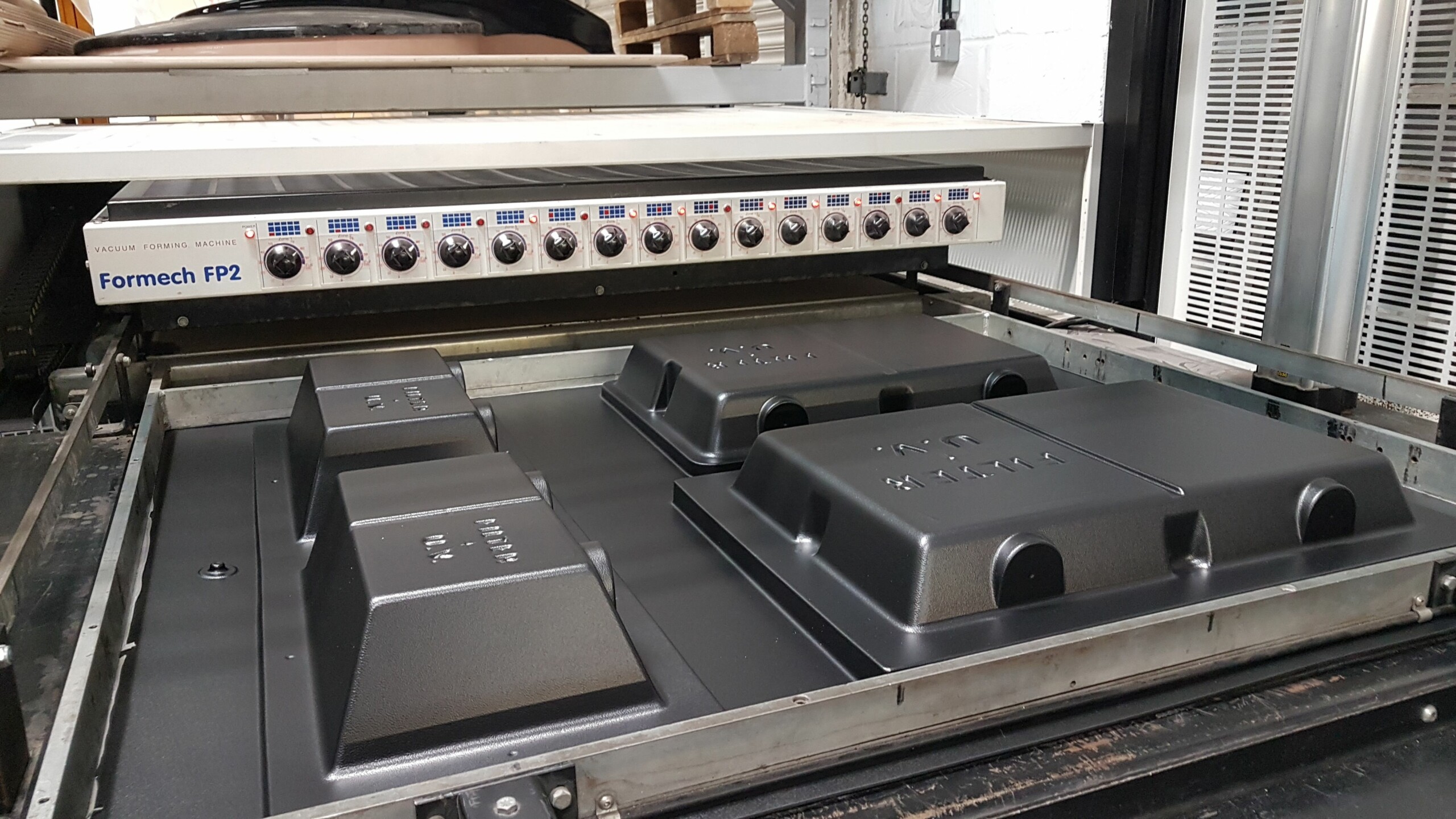Expert Insights aon Vacuum Forming
Expert Insights aon Vacuum Forming
Blog Article

Vacuum forming is a cost-effective plastic molding method that involves heating a thermoplastic sheet until it becomes soft, then using vacuum pressure to mold it over a custom mold.
How Vacuum Forming Works
To create a vacuum-formed product, the plastic sheet is first placed into a frame and heated until it becomes soft. Once the material is ready, it is draped over a mold, and a vacuum is applied to suction the material tightly over the mold, achieving the intended shape.
Once molded, the formed part is set aside to cool before trimming the excess plastic. The final product is then cut to remove unwanted material and processed for assembly.
Applications of Vacuum Forming
Vacuum forming finds its uses in industries such as automotive for creating durable plastic parts. Some frequent products made using vacuum forming include:
- Vehicle interior panels
- Plastic packaging
- Medical device casings
- Retail displays
Why Choose Vacuum Forming?
Vacuum forming is a efficient method for producing custom plastic parts with minimal tooling costs. Other significant benefits include:
- Quick turnaround
- Affordable molds
- Flexibility in design
- Strength-to-weight ratio
Final Thoughts
Vacuum forming is a effective process that facilitates the creation of high-quality plastic products at a budget-friendly rate.
Vacuum Forming Report this page